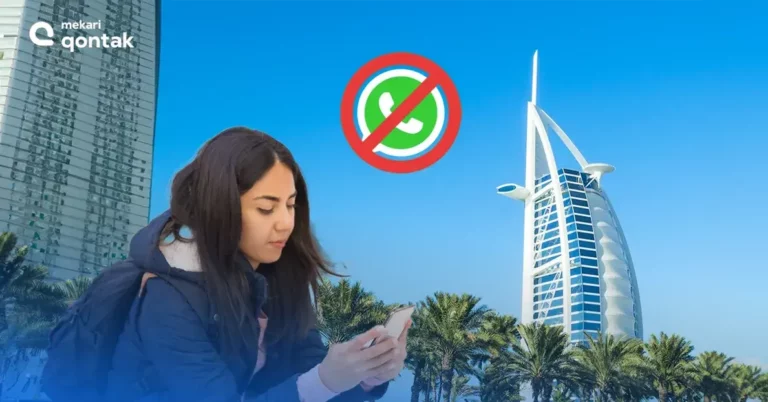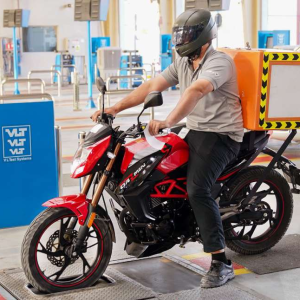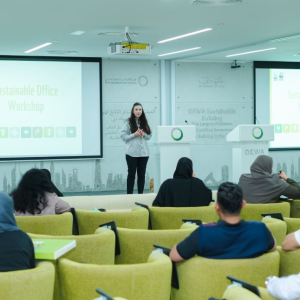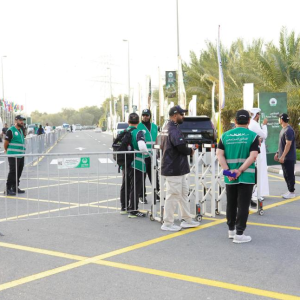The Silent Struggle of Staying Connected in Dubai
For many Pakistanis living in Dubai, the journey is not just about luxury towers and high salaries. It’s about building a future far from home—and doing it with heart. But one thing continues to cause daily frustration for expats: WhatsApp calls are blocked. Staying connected with loved ones in Pakistan should be easy, but it’s not.
With voice-over-internet protocols (VoIP) like WhatsApp, Skype, and FaceTime banned in the UAE, many feel isolated. For workers, entrepreneurs, and students who moved to Dubai with big dreams, this small restriction feels like a giant wall.
That’s why many have turned to VPNs (Virtual Private Networks)—a silent hero in their daily lives.

Why WhatsApp Calls Are Blocked in the UAE
Let’s clear up the “why.” The UAE restricts VoIP services mainly due to telecom regulations. Only government-approved apps like BOTIM and ToTok are allowed for calls. These apps usually come with a monthly subscription and limited reach, which makes them less popular than WhatsApp or Skype.
But WhatsApp is free and global. It’s the go-to choice for families in Pakistan. Blocking it means no quick check-ins, no voice notes from parents, and no live video of your child’s birthday.

Meet Adeel: A Delivery Rider With Big Dreams
Adeel, a 29-year-old delivery rider in Dubai, left his hometown in Lahore to support his family. Every night, after 12 hours of work in the heat, all he wants is to hear his mother’s voice.
“I tried BOTIM. It didn’t work for my family in Pakistan. We all use WhatsApp there. So, I got a VPN,” he says.
For Adeel, a VPN is not just a tool—it’s a lifeline.
He uses a reliable paid VPN to unlock WhatsApp calling. “It changed everything. I talk to my family every day now. It keeps me going,” he shares with a shy smile.
What Is a VPN and How Does It Help?
A VPN (Virtual Private Network) hides your real location and connects you to the internet via a server in another country—like the US or UK. This allows apps like WhatsApp to think you’re not in the UAE, bypassing local restrictions.
But not all VPNs are safe. Some free options leak data or stop working after a while. That’s why most expats go for trusted, paid VPNs like:
- NordVPN
- ExpressVPN
- Surfshark
These services offer fast speeds, strong encryption, and easy apps for Android and iPhone.
The Risks: Is Using a VPN Legal in the UAE?
Yes and no.
Using a VPN in the UAE is not illegal, but using it to access blocked services is a legal gray area. According to UAE cyber laws, if you use a VPN to commit a crime, there could be penalties. However, there is no record of anyone getting punished simply for calling their family on WhatsApp.
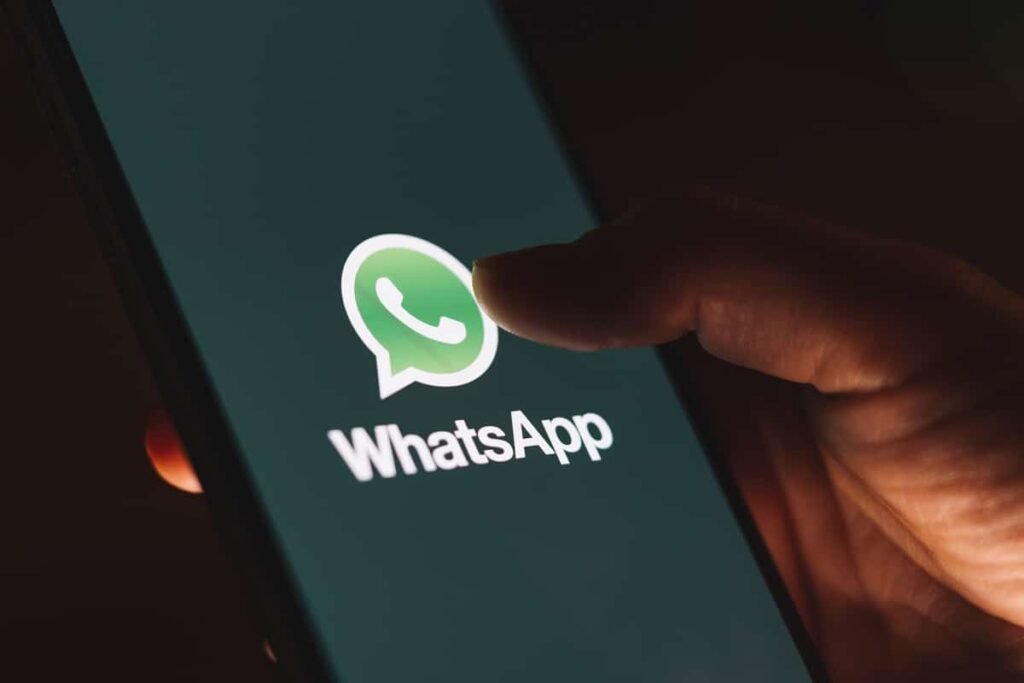
Most people use VPNs responsibly—for business access, privacy, or connecting with loved ones. Still, it’s always best to:
- Use reputed VPN services
- Don’t misuse the technology
- Stay updated with local laws
Sana’s Story: A Freelance Designer and Her Father’s Voice
Sana moved to Dubai last year to freelance as a graphic designer. Exciting at first, the days soon felt long.
“I never realized how much I relied on WhatsApp until I couldn’t use it,” she laughs.
She tried alternatives, but nothing worked. Then a friend suggested a VPN. “That first call with my dad, after two weeks of silence—I cried,” she recalls.
Today, Sana schedules weekly video calls with her family. Her career is booming, and she even helps other freelancers set up VPNs and tools for productivity.
“I don’t just survive here. I thrive. But only because I can stay close to home, even from far away.”
VPNs Aren’t Just for Calls—They Empower Daily Life
For many Dubai residents, VPNs open doors beyond WhatsApp:
- Streaming: Access Netflix shows from other countries
- Banking: Securely log into Pakistani bank accounts
- Work: Use business tools blocked in UAE
- Privacy: Keep personal data safe on public Wi-Fi
In a fast-paced city like Dubai, digital access is more than comfort—it’s survival. Whether you’re managing a long-distance marriage or helping parents pay bills back home, being able to connect without barriers is everything.
Choosing the Right VPN for Dubai-to-Pakistan Calling
Here are the top features to look for:
- Fast Speed: No call drops or lag
- Server Options: Pick servers close to Pakistan for best results
- Mobile Support: Easy apps for iOS and Android
- No Logs Policy: For complete privacy
- 24/7 Support: Help if things go wrong
Top VPNs people trust in Dubai:
- ExpressVPN – Lightning fast and secure
- NordVPN – Great value and multiple device support
- Surfshark – Budget-friendly and unlimited devices
Current Trends: More Expats Going Digital
With the rise of remote work, side hustles, and content creation, expats in Dubai are using VPNs more than ever. They don’t just call home—they build YouTube channels, freelance globally, and attend virtual events with loved ones in Pakistan.
The use of VPNs is no longer a “tech hack”—it’s part of daily lifestyle.
Inspiration From the Struggles
For people like Adeel and Sana, it’s never been about breaking rules. It’s about staying human in a digital age. Their stories reflect the untold side of expat life in Dubai—not luxury, but loneliness, hustle, and hard-won joy.
By sharing these struggles and solutions, they hope to inspire others who feel stuck, silent, or isolated.
As Sana says:
“Don’t just wait for things to get better. Find the tools that make life better.”
Final Word: More Than Just a Call
For many Pakistani expats in Dubai, VPNs are not about tech—they’re about touch. The touch of a voice, the smile on a video, the simple feeling of being seen.
Using a VPN to call home is not rebellion. It’s resilience.
In a city built on ambition and sacrifice, that single WhatsApp call at the end of the day could mean the world.
Do follow UAE Stories on Instagram
Read More: Revolutionary Dubai Update: Check Credit Scores in Seconds!

